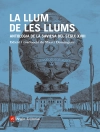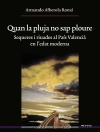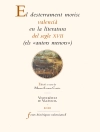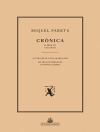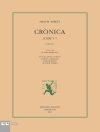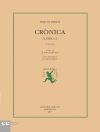The formation of modern European states during the long 19th century was a complicated process, challenged by the integration of widely different territories and populations. The Science of State Power in the Habsburg Monarchy, 1790-1880 builds on recent research to investigate the history of statistics as an overlooked part of the sciences of the state in Habsburg legal education as well as within the broader public sphere. By exploring the practices and social spaces of statistics, author Borbála Zsuzsanna Török uncovers its central role in imagining the composite Habsburg Monarchy as a modern and unified administrative space.
Tabella dei contenuti
List of Illustrations
Chronology
Online Annex
Concordance of Place Names
Acknowledgments
Introduction
Chapter 1. Public and Arcane Statistical Knowledge (ca. 1770-1820)
Chapter 2. Statistics in the Legal Curricula (1790s-1860s)
Chapter 3. Regional Statistical Practices (ca. 1790s-1848)
Chapter 4. Descriptive Statistics and the Political Space of the Monarchy (1840s-1850s)
Chapter 5. The Eclipse of Descriptive Statistics (1850s-1880s)
Conclusion
Bibliography
Index
Circa l’autore
Borbala Zsuzsanna Török is Senior Research Fellow at the Institute of Austrian Historical Studies, University of Vienna. She is the author of Exploring Transylvania: Geographies of Knowledge and Entangled Histories of a Multiethnic Province, 1790–1914 (Brill, 2015). She co-edited Berechnen/Beschreiben: Praktiken statistischen (Nicht-)Wissens 1750–1850 (Duncker & Humblot, 2015) with Gunhild Berg and Marcus Twellmann, as well as Negotiating Knowledge in Early-Modern Empires: A Decentered View (Palgrave, 2014) with László Kontler, Antonella Romano, and Silvia Sebastiani.


